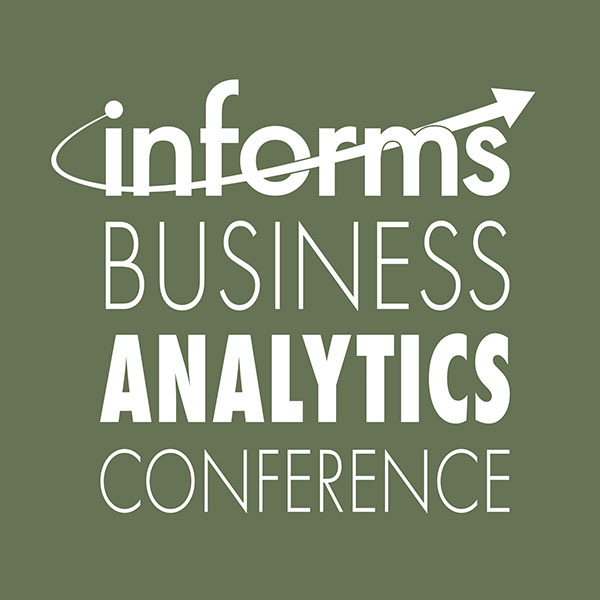
Segev Wasserkrug
Segev Wasserkrug
Senior Technical Staff Member at IBM Research – Israel
Track: Platforms and SaaS
A Verification First Approach to Simplified Optimization Model Creation with Applications to Assignment and Supply Chain Problems
Optimization, which can bring significant benefits to a variety of problems in many domains, is currently a lengthy complex process requiring rare expertise. Therefore, finding tools or techniques to significantly simplify the optimization modeling process a priority for the widespread applicability of optimization in practice.
In this talk, I will present a verification first modeling approach, which can be used to achieve such significant simplification. I will show how, using spreadsheets as an efficient specification mechanism, business decision makers working with optimization modelers can directly and accurately define the constraints and objectives of the optimization problem, by writing formulas that, given any solution to the problem, calculate the resulting objectives and check whether the constraints are satisfied.
Key takeaways will include:
- The classical optimization modeling approach and the importance of model verification.
- An understanding of the spreadsheet-based verification first approach, using examples from assignment and supply chain optimization problems.
- An overview of the state-of-the-art in simplifying optimization modeling, including the use of large language models such as ChatGPT.

